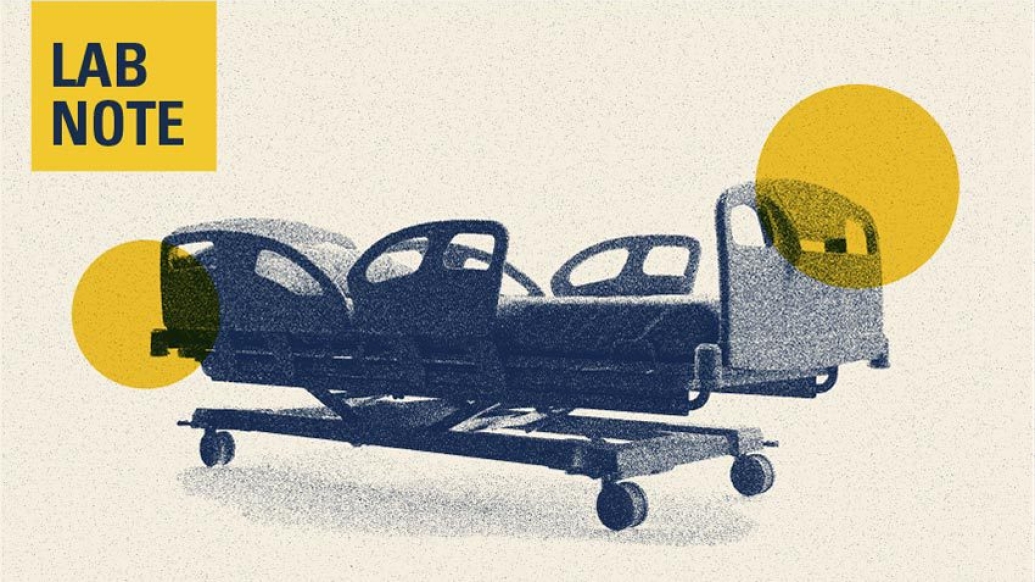Unequal outcomes, and higher spending, seen in patients over 65 who are “dual eligible” for Medicare and Medicaid.
1:49 PM
Author |

They're old enough to qualify for Medicare, and their incomes are low enough to qualify them for Medicaid.
And when they have surgery to remove a cancerous tumor, a new study finds, they suffer more complications, stay in the hospital longer and have a lower chance of going home instead of a nursing facility than patients with Medicare alone – even when they go to a hospital that usually has low complication rates for their operation. And that ends up costing the health care system more.
The findings suggest that hospitals should be doing more to assess and support the needs of such "dual eligible" patients before, during and after their operations, to improve equity and reduce preventable costs. Past research has shown that dual eligible patients account for a disproportionate share of federal health care spending, totaling $300 billion in 2018 alone.
The study, published recently in JAMA Surgery by a team from Michigan Medicine, the University of Michigan's academic medical center, looks at the fate of patients who had surgery for four types of cancer.
"We found that although outcomes and spending are improved for dual eligible patients at the highest-quality hospitals, inequities still persist and improving quality alone will not fully close this gap," said Kathryn Taylor, M.D., the surgeon and health care research scholar who led the analysis. "Given that we know dual eligibility is an indicator of social risk, interventions targeted to unmet social health needs are likely needed to improve outcomes in this population, such as screening and connecting to resources for food insecurity, housing instability, and transportation."
Taylor is a National Clinician Scholar at the U-M Institute for Healthcare Policy and Innovation, and member of the U-M Center for Healthcare Outcomes and Policy, as well as a surgical resident at Stanford University.
The study used data from nearly 120,000 older adults who had cancer surgery for lung, colon, pancreas or rectal cancer between 2014 and 2018; 11% had dual eligibility for both public insurance programs. These patients were less likely to have their operation at a hospital that the researchers deemed "high quality" for that operation, meaning that complication rates for all patients having that operation were in the lowest fifth overall.
Across the board, dual eligible patients had more complications, longer length of hospital stay, a higher chance of being discharged to a nursing facility, and higher costs for the total episode of their care, with average differences of more than $2,000.
These differenced decreased – but did not disappear – when the researchers focused on the dual eligible patients who had their operations at high quality hospitals.
That suggests, says Taylor, that ongoing quality improvement programs for all types of hospitals – such as the Michigan Value Collaborative led by senior author Hari Nathan, M.D., Ph.D.– are important. But the persistence of outcome and cost disparities between dual eligible and traditional Medicare patients treated at high-quality hospitals suggest more needs to be done even at such facilities.
In an accompanying invited commentary, a team from Northwestern University said that "Medicare and Medicaid must continue to test novel care delivery models that better serve DE patients, and society must invest in robust upstream solutions for social determinants of health."
Paper cited: "Association of Dual Medicare and Medicaid Eligibility With Outcomes and Spending for Cancer Surgery in High-Quality Hospitals," JAMA Surgery. DOI: 10.1001/jamasurg.2021.7586

Explore a variety of healthcare news & stories by visiting the Health Lab home page for more articles.

Department of Communication at Michigan Medicine
Want top health & research news weekly? Sign up for Health Lab’s newsletters today!





